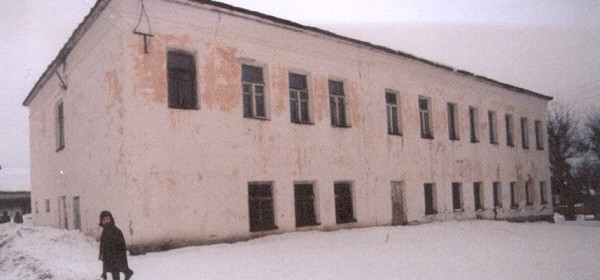The sad state of warehoused children

Russian orphanages are a scandal, said Jennifer Rankin. State institutions house nearly 400,000 children, a population larger than many cities. But less than one third of these children are actually orphans. Many “fall into the system when their parents, often fighting a losing battle with alcohol or drugs,” lose their parental rights. Even more of them—nearly half the total—have disabilities, either physical or mental, and their parents were encouraged to send them into care.
Back in 2006, President Vladimir Putin, concerned about population decline and foreign adoptions, ordered officials to cut the number of kids living in institutions. But nothing happened. Children’s advocates say that’s because the “orphan industry” gets so much state money, it has become an entrenched special interest. Of course, the children benefit little from the money. While orphanages are now clean and well furnished, they are still poorly staffed, and the children in them psychologically neglected. In many institutions, a child interacts one-on-one with an adult no more than 10 minutes a day. What happens when these damaged souls grow up?
Those who are not severely mentally disabled are let loose on the world—where they “risk drifting into unemployment, poverty, or crime.”

 Print
Print